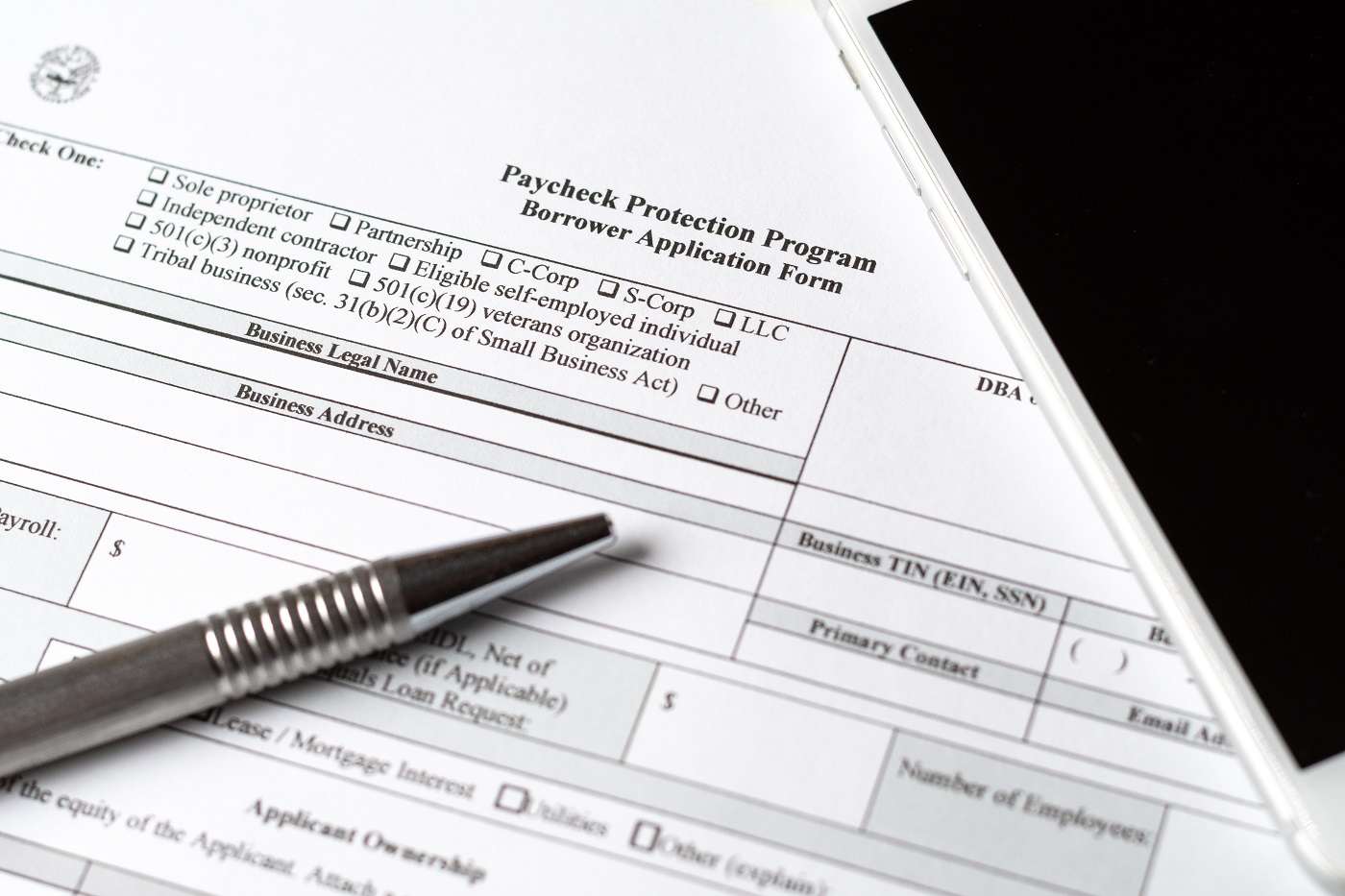The Paycheck Protection Program and other programs were aimed to help small and medium-sized businesses weather the storm throughout 2020 and the remainder of the COVID-19 pandemic. They have been wildly popular, with billions of dollars in forgivable loans going out to help businesses retain employees and pay other expenses.
For small to mid-size AV integrators, these programs have been especially popular as business took a nose dive last year during the early days of the pandemic.
However, the tax implications of the PPP and other pandemic relief legislation are many, and the U.S. Small Business Administration has issued guidance clarifying these laws that have changed several times–including in December when Congress passed a second relief package that included reopening the PPP.
We spoke to Jeffrey Bronswick, CEO of Bronswick Benjamin, a Chicago-based certified public accountant and NSCA partner, about the challenges and benefits of your 2020 tax year. With other information sourced from the U.S. Chamber of Commerce, here are some common questions you may have regarding your 2020 business taxes and how they square with some COVID relief programs like the PPP.
These laws and guidance could again change, so consult with a tax professional before making any decisions.
Are forgiven PPP loans considered taxable income?
In short, no. At least not federally. A PPP loan can be forgiven if a business meets certain benchmarks for spending on employee payroll costs. For 2020, those forgiven loans are now not considered taxable income and are completely tax-exempt. That change was made in December, when Congress passed the Coronavirus Response and Relief Supplemental Appropriations Act of 2021.
“This is a major positive announcement that came a few months ago,” says Bronswick.
However, that is true for federal taxes only. According to the tax foundation, several states treat this differently. According to the Tax Foundation, 17 states tax forgiven PPP loans either as taxable income or expense deduction disallowed.
“Therefore, companies should be aware that they need to check their state’s rules on the taxability of forgiven PPP loans,” Bronswick says.
Luckily, most of that forgiveness is occurring in 2021, so this hasn’t yet presented itself as a large issue.
“Fortunately, state tax rates are much lower than federal,” Bronswick says. “However, it can still be significant dollars.”
Can a business write off payroll, rent and utilities as business expenses if a PPP loan was used to pay for them?
Yes. “All expenses made with PPP Funding are deductible under the normal provisions of the Internal Revenue code,” Bronswick says.
According to the U.S. Chamber of Commerce, that too was changed in December with the passage of the Coronavirus Response and Relief Supplemental Appropriations Act, 2021 (“CRRSAA”). Now, business expenses paid for with PPP funds can be written off like everyday business expenses, the Chamber says.
Can I get both a PPP loan and take advantage of the Employee Retention Tax Credit?
Yes. Again, as of December 2020, business can get a PPP loan and take advantage of the Employee Retention Tax Credit for 2020 and 2021 if they experience either a “full or partial suspension” of their business during any quarter or a “significant decline in gross receipts,” per the IRS.
A business that took out a PPP loan in 2020 can now apply the ERTC to their 2020 taxes, provided the ERTC and PPP don’t cover the same payroll expenses. According to Bronswick, PPP funding and the ERTC can’t overlap the same period of time, but they can both be used in the same tax year.
The 2020 max credit is $5,000 per employee in 2020, but the ERTC was expanded in the 2021 tax year to allow for a maximum of $7,000 per employee per quarter through the end of June. Again, there can be no overlap with the second round of PPP funding.
As of March 11, 2021, the ERTC program was once again extended, this time through the end of 2021.
Consult with a tax professional early and often
To avoid issues with these complicated tax rules and maximize the benefits that these COVID-19 relief programs can provide your business, it’s best to speak with a certified public accountant early in the process.
“It’s very important for a company to address this early on,” Bronswick says. “The timing of using the credits in relation to your PPP forgiveness period can yield significant additional benefits if done properly. And there are many different scenarios on how you qualify.”
Companies typically spend their way through the PPP funding in about 10 weeks, but with the new round of PPP funding, they have the option to use a 24-week period.
“You want to look at that in comparison to when you might be getting the employee retention credit and map and plan it out in advance,” Bronswick says.










